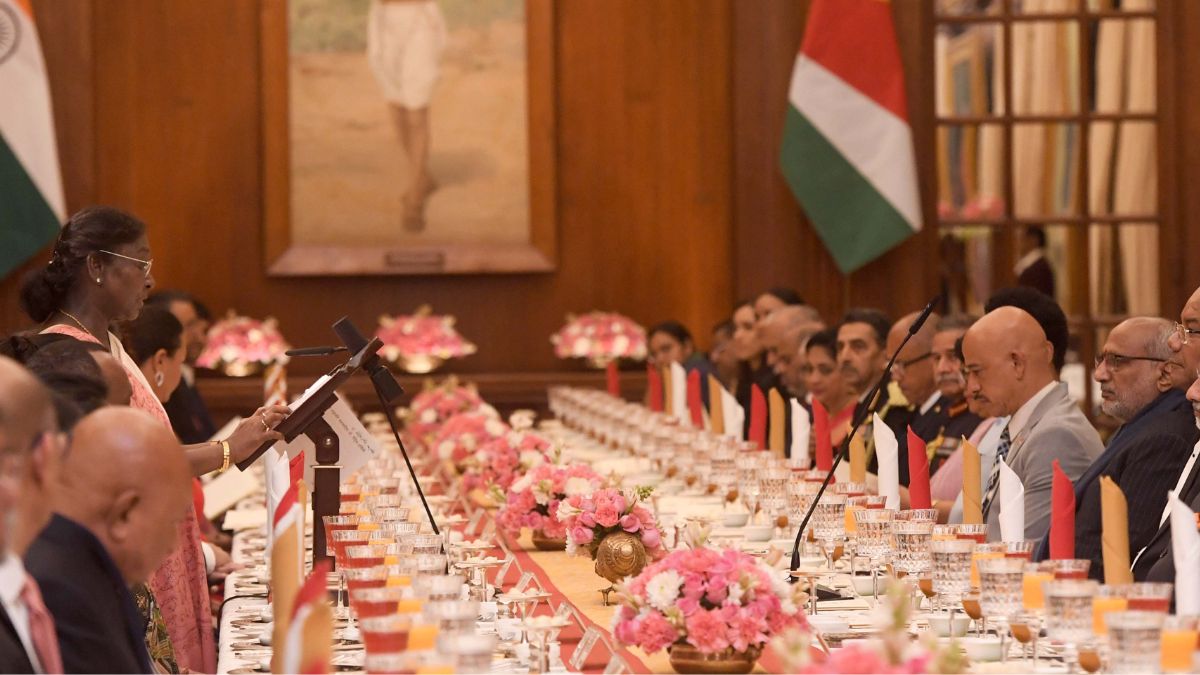A healthy body is not just about the physical state – it has much to do with our mental wellbeing too. Like all doctors say, you are perfectly fit only when you have a healthy body, mind and soul. However, in India, mental illness has always been considered a taboo because of the social repercussions associated with it. As a result, many people till today shy away from consulting a psychiatrist.
Leading medical experts revealed that four in five people suffering from severe mental ailment in India choose not to treat it because of which it causes early death by at least 15-20 years as compared to mentally healthy people. They said that among the several mental health ailments people suffer from severe depression, bipolar disorders and psychosis are the most common forms.People with mental illness are prone to obesity, heart illness, respiratory problems and cancer. They also have the tendency to ignore a healthy routine and adopt bad habits such as smoking and drinking. Moreover, they seldom go for routine check-ups or treatment for various problems. All of these factors severely affect their body at an early age and the mortality rate is therefore high.
Mentally ill people need special care and attention by their near and dear ones. Most Indians are ignorant about the different kinds of mental illness and commonly assume that anyone suffering from such an ailment is mad and socially unfit.
"Their family members are equally responsible as they should be more responsive to needs of mentally ill people," said Shekhar Saxena, director, department of mental health and substance abuse, World Health Organization (WHO), at a symposium organised by the All India Institute of Medical Sciences (AIIMS) in collaboration with the US-based Columbia University.
According to the experts, the mental doctor-patient ratio in India is one doctor for three lakh patients. Pratap Sharan, professor in the department of psychiatry, AIIMS said that about 10 per cent of India's population suffers from a certain degree of mental illness, yet only 10 per cent of them get at least one-time care.
"Mental health services are very low-resourced in India with just one per cent of the total health budget being spent on it," said Sharan.
"All the policies of the government – be it for education, employment, gender issues, or poverty alleviation – must be in favour of people with mental health problems. Mental health services must be enhanced and should not be limited only to the hospitals or mental health centres. The services must be rendered at the community level too. Finally, NGOs and civil societies must come forward in addressing this problem.”
Mental illness is growing alarming in the country in recent years. It needs to be addressed, but most importantly, people should be educated about it so that more and more cases are brought to light for proper cure.
Inputs from IANS








